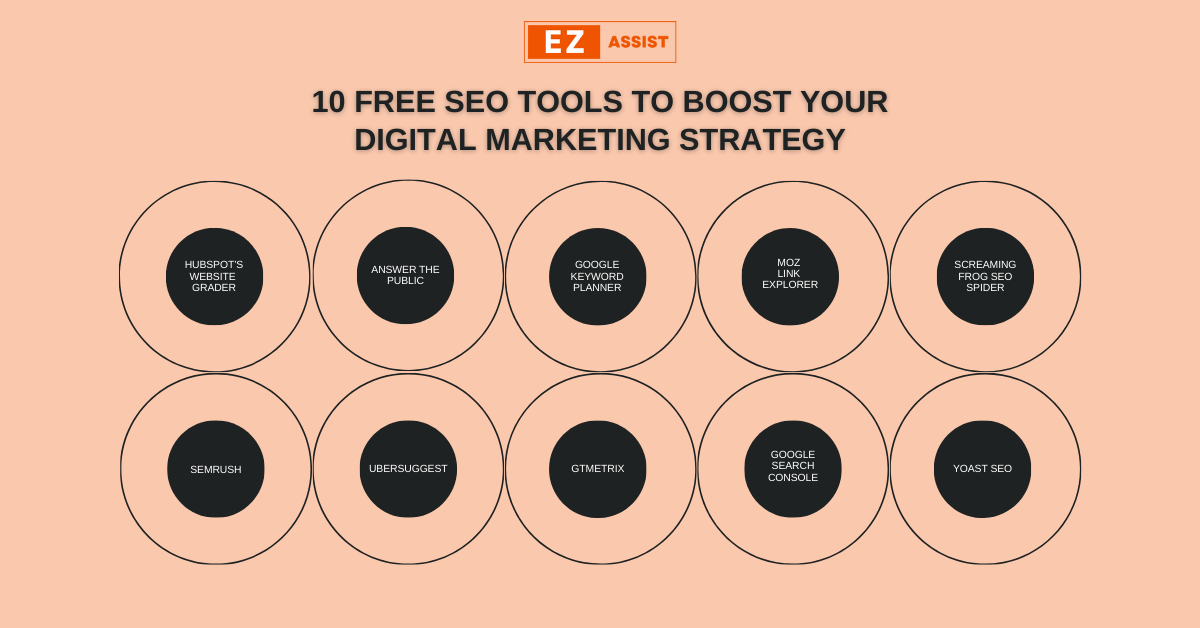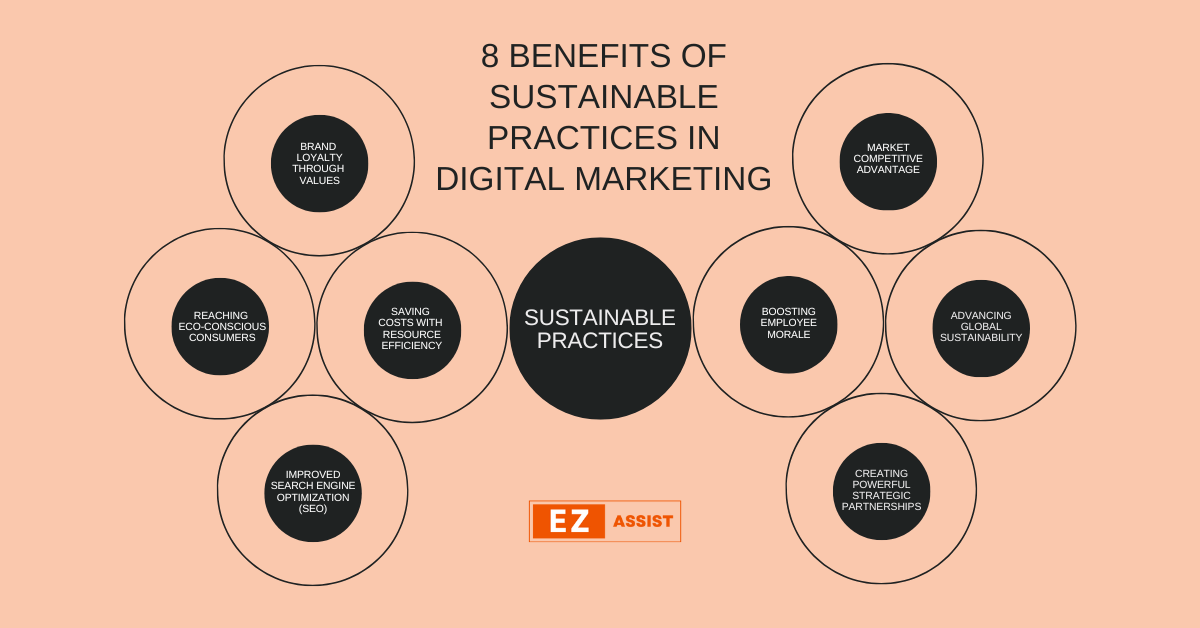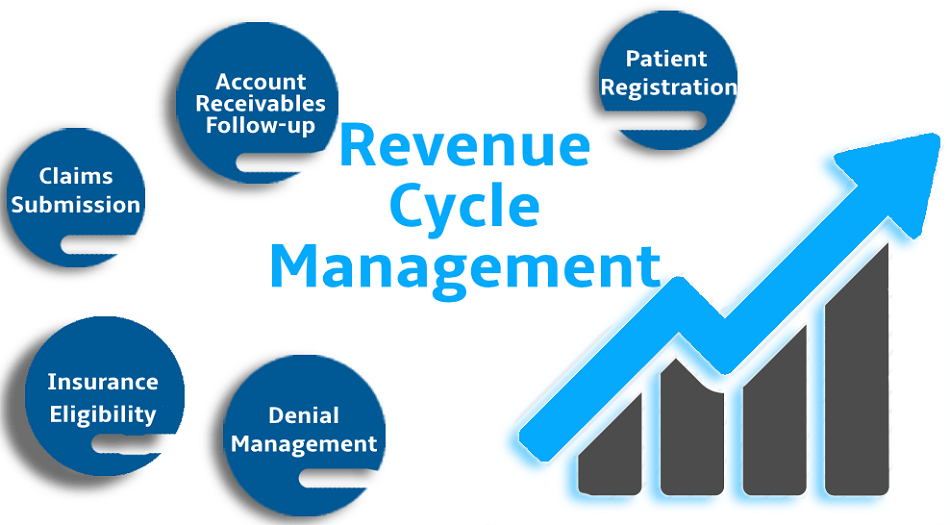Small businesses face the challenge of competing with large companies that have more resources and reach. Digital marketing helped level the playing field, giving small businesses powerful tools for increased visibility, reaching new target audiences, and growing, all of which can be achieved with less budget. Small businesses are ultimately enabled to connect with customers, create customer loyalty, and then earn revenue through the use of digital marketing strategies.
This blog illustrates the benefits that small businesses can derive from digital marketing, along with practical implementations for these strategies.

1. It is cost-effective
The advantage small businesses get from digital marketing is the much cheaper option. Traditional marketing channels include TV advertisements, radio slots, and print media that are quite expensive and mostly out of the reach for smaller marketing budgets. Digital marketing comes with affordable options that can also give better ROI. A good example is the possibility of using social media and search engine marketing to target directly a specific audience rather than wasting a lot of funds on non-targeted viewers.
For example, a small-sized bakery can invest in pay-per-click (PPC) ads and attract local customers who search for “fresh pastries near me” on Google only when someone clicks the ad.
2. Pinpoint Targeting and Outreach
Digital marketing allows small businesses to target a very specific audience, using demography, geographics, psychographics, and behavioral targeting. Analysis of user data can give the business its ideal customer profile and enable them to fashion their messages to that exact fit. In this, it becomes very challenging in traditional methods to actually know who saw your ad, as the digital marketing platforms make businesses get their products or services in front of the right people.
Example: Using Facebook’s targeting feature, a fitness studio can run ads targeting fitness enthusiasts in their locality to ensure only potential customers see their promotions.
3. Increased customer involvement and interaction
Digital marketing opens up a two-way street of communication between businesses and their customers in ways that can be more personalized, immediate, and responsive. Customers can reach the brand by using other websites like social media, emails, or online chats. Connecting directly with customers fosters better relationships and can open doors to loyalty and word-of-mouth referrals.
Example: A boutique could use Instagram stories for introducing new arrivals while taking up polls and answering customers’ questions, building up the feeling of community.

4. Real-time results and analytics
Digital marketing tools give real-time insights into how the campaign is going, so easily measurable results can be arrived at and data-driven decisions can be made. Using Google Analytics, Facebook Insights, or even an email marketing dashboard, small businesses can measure website traffic, click-through rates, conversion rates, and user engagement. It enables small businesses to adjust strategies quickly to make them effective.
Example: If a restaurant notices that a Facebook post concerning their weekend special is getting more engagement, they can replicate the same content for further promotions.
5. More Conversion Rates
Therefore, digital marketing is data-driven and helps optimize any small business’s strategy, making it more towards higher conversions. With targeted advertisements, emailing campaigns, and retargeting efforts, all these activities guide probable customers all the way down the funnel of sales much more easily. This happens through conversion rate optimization measures like A/B testing and even landing page optimization.
Example: An e-commerce store can send various subject lines in its emails and track which ones make more clicks and purchases so, eventually, they can craft better messages.
6. Enhanced Brand Awareness and Recognition
Digital marketing can easily help any small business establish brand recognition across the globe. Platforms like Instagram, Facebook, LinkedIn, and Twitter enable a person to showcase products and services to potential customers beyond geolocation. Not to mention, consistent messaging and brand values across digital channels can uniquely give a small business an identity of meaning.
Example: A crafty soap company can post very beautiful images of soap they make, share the process of making, and slowly build a loyal customer following to appreciate the green and the quality, handcrafted soap offered.
7. The empowering aspects of digital marketing:
At least a chance to have a level playing field against the big corporation machines. By using SEO strategies allied with compelling content and good, well-placed social media advertising, an SME may finally get on to the online stage visibly and credibly. True, a well-optimized small business website and lively, active social media profile make as significant an appearance on this platform as a global super brand.
Example: A coffee shop in the local vicinity can rank top in the search result for keywords like “coffee shop in [city name]” by optimizing their website and creating content around topics that attract coffee lovers in their area.
8. Flexibility and Adaptability
It is flexible, too, where the smaller business can instantly change track based on real-time data of performance. That flexibility is not available in most forms of traditional marketing, especially as it often requires investment into long-term campaigns that need to be completed for return on investment. When circumstances change, such as the emergence of a new product that gains popularity or a switch by customers to a certain new product, digital marketing sites will allow the small businesses to pause, adjust, or quit the campaign. It becomes a lifesaver for these smaller businesses.
Example: If a clothing store realizes that an ad campaign is not performing as it should be, then it can always change the visual of an ad or parameters of the targeting in mid-campaign to better improve results.
9. Credibility and Trust
Digital marketing allows small businesses to establish credibility through experience, customer testimonials, and an ongoing engagement with the audience. Websites properly maintained and active on social media create a professional image. That is something customers are going to trust. Over time, customers will purchase from that business more likely because it is reliable and customer-oriented.
For example, a home cleaning company may share before-and-after photographs of their work on their social media, give tips about cleanliness, and ask some happy customers to write reviews for the brands in question, all boosting their credibility.
10. Personalization and Customer Retention
Digital marketing allows small companies to adjust their marketing plan following the customer’s preference and pattern of activity. A firm can come up with specific experiences that they know its customers would love, for example, based on experiences gained from previous engagements from data collected. Customers likely return to the firm. Some good techniques include segmented emails, retarget ads, and personalized recommendations, all to ensure customer loyalty over a long period.
Example: A pet supply store can use purchase history data to send personalized recommendations or offer discounts on products related to a customer’s previous purchases.
Conclusion
Digital marketing affords small businesses the biggest opportunities for increased reach, relationship building, and winning advantage in the competitive scenario today. Small businesses are now capable of establishing a strong online presence with cost-effective strategies, targeted engagement, and data-driven insights in pursuit of sustainable growth.
By using the advantages of digital marketing, small businesses are not only selling but also positioning themselves as valuable contributors to their communities. Any small business, therefore, can thrive in the digital marketplace with the right strategy, commitment to consistency, and willingness to adapt.








